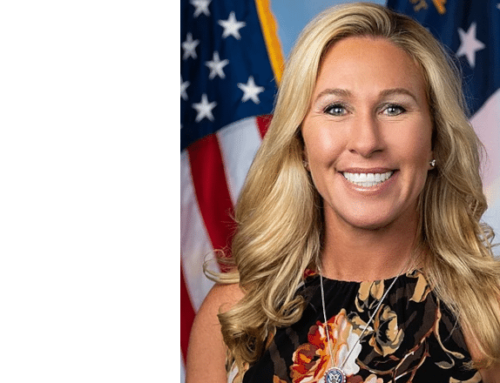Bill Donohue comments on two recent Gallup polls:
Two fascinating Gallup polls have been released this month on the subject of morality. I will address the sexual issues that were surveyed.
Americans believe the following are morally acceptable: birth control (91%); divorce (73%); sex between an unmarried man and woman (69%); gay or lesbian relations (63%); having a baby outside of marriage (62%); abortion (43%); sex between teenagers (36%); pornography (36%); polygamy (17%); extramarital affairs (9%). These findings were posted May 11.
These percentages were never higher for birth control, divorce, gay or lesbian relations, having a baby out of wedlock, pornography, and polygamy. The one piece of good news is on abortion: 49% say it is morally wrong.
Findings from May 22 show that 81% of the public says the state of moral values is “only fair” or “poor.” Is the state of moral values getting worse? According to 77% of the public, the answer is yes.
“Even liberals,” Gallup says, “who seemingly should be pleased with the growing number of Americans who agree with their point of view on the morality of prominent social issues, are more likely to say things are getting worse than getting better.”
There are a number of things going on here that command our attention.
Americans are increasingly non-judgmental about sexual relations between consenting adults, but they are not happy with the state of moral values. This paradox suggests that more Americans are morally challenged than ever before.
To cite one issue, it is one thing to say that having a baby outside of marriage is morally acceptable, quite another to say it is a good thing. There’s the rub: Most Americans know someone who is in that situation and don’t want to appear condemnatory, but they also recognize that this is not a good condition to be in, either for the mother or the child.
We need to be mature about this. If we want more of something, we offer rewards and incentives; if we want less, we employ negative sanctions and stigmatize. This is a sociological truism.
For example, we don’t have a problem stigmatizing smokers, and as a result fewer are smoking today than was true a half century ago when smoking was socially acceptable. We want to reduce out-of-wedlock births, but we don’t want to stigmatize the mother or the child (the father usually escapes sanctions). The result is we have a higher rate of out-of-wedlock births than we did a half century ago when such a condition was socially unacceptable.
It is our immaturity that accounts for our morally challenged condition. As long as we reject the stick of stigma to curb conditions that we deplore, there will be little progress in stemming them.
Liberals are the most morally confused of any segment of the population. They are delighted that their “tolerant” views on sexuality have caught on with most Americans, but they are nonetheless unhappy with the state of moral values.
They want to have it both ways—more liberal attitudes on sexuality and less moral problems—but they cannot. Not until they connect the dots and realize that the attitudes which they promote engender the behaviors that they deplore, will progress be made. As usual, liberals get it wrong.







